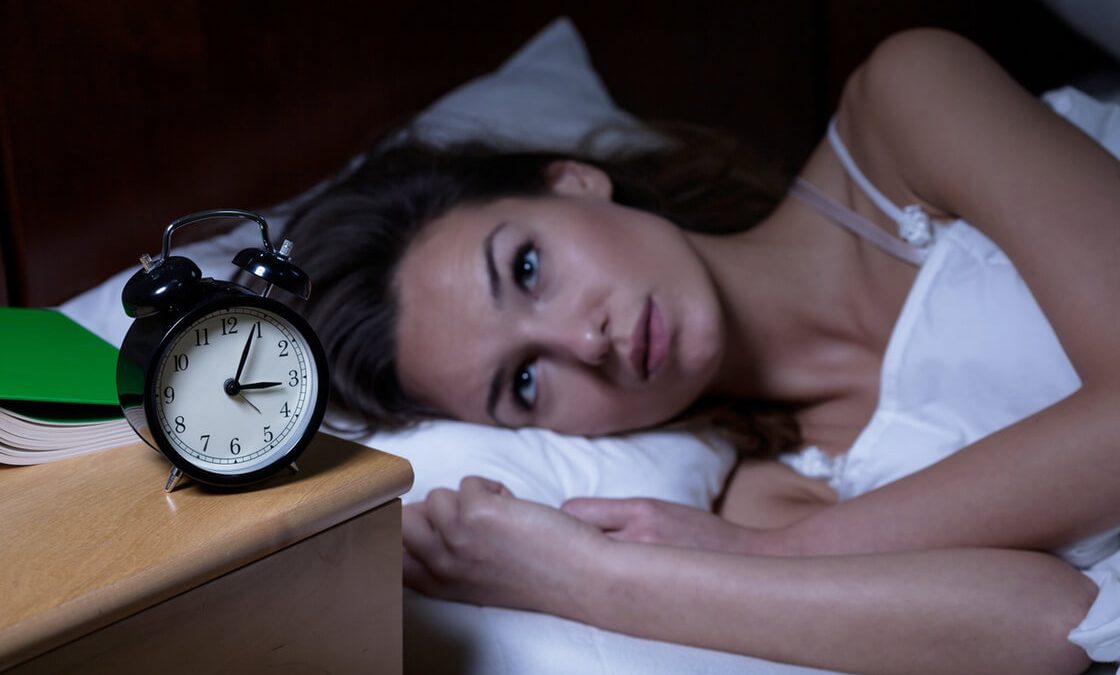Insomnia is a sleeping disorder that is portrayed by difficulty falling and/or staying asleep. Individual with insomnia has one or more of the following symptoms:
- Difficulty falling asleep
- Waking up too early in the morning
- Waking up often during the night and having trouble going back to sleep
- Feeling tired after waking
Types of Insomnia:
There are two kinds of insomnia: primary insomnia and secondary insomnia.
Primary Insomnia:
Primary insomnia means that an individual has sleep issues that are not directly connected with any other health condition or issue.
Secondary Insomnia:
Secondary insomnia implies that a person has sleep problems because of something else, such as a health condition (like depression, asthma, cancer, joint inflammation, or heartburn); pain; drugs they are taking; or a substance they are utilising (like alcohol).

Reasons of Insomnia:
- Significant life stress (Employment loss or change, demise of a friend or loved one, separation, moving)
Illness - Emotional or physical distress
- Environmental elements like light, noise or extreme temperatures (hot or cold) that interfere with sleep
- Some drugs (for example those used to treat colds, depression, allergies, asthma and high blood pressure) might interfere with sleep
- Interference’s in normal sleep schedule (switching from a day to night shift, for example)
Also Read: Lose Weight While You Sleep
Symptoms of Insomnia:
- Sleepiness during the day
- Feeling lethargic
- General tiredness
- Irritability
- Problems with concentration or memory
Suggestions to Cure and Prevent Insomnia:
- Don’t watch stressful movie or something
- If possible, avoid working in night shift
- Avoid journeys
- Don’t work on computer for prolonged hours
- Make a fix schedule and time for going bed and waking
- Don’t watch TV while going to sleep
- Take a bath with warm water before two hours of going to bed
- Meditation
- Eat healthy food
- Don’t eat at least two hours before going to sleep
- Do some yoga exercises


Stay connected